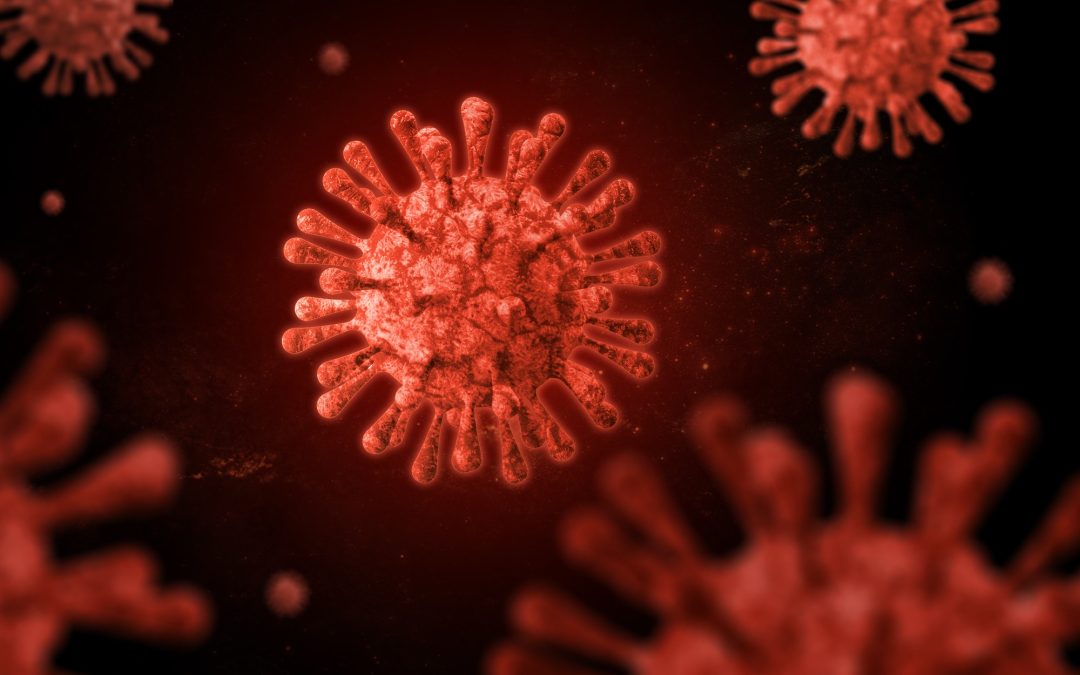Can you experience heart problems after COVID-19? Find out how these health issues can make it harder for you to recover.
If you’ve had COVID-19, you may experience lingering heart problems that could make your recovery more complicated. However, it may be hard for some people to distinguish between heart-related symptoms and those that come from having COVID-19. The following is an overview of COVID-19 heart issues and what to do when you experience them.
COVID-19 and Your Heart
 The fact is that COVID-19 can damage the heart muscle and impact your heart function. If you’ve had it and are feeling a rapid or irregular heartbeat, dizziness, or chest discomfort, you should contact your doctor.
The fact is that COVID-19 can damage the heart muscle and impact your heart function. If you’ve had it and are feeling a rapid or irregular heartbeat, dizziness, or chest discomfort, you should contact your doctor.
Some common factors after the illness include severe fatigue, shortness of breath, chest pain, and chest palpitations. Furthermore, some people may experience POTS (postural orthostatic tachycardia syndrome). POTS, while not directly a cardiac problem, may affect the part of the nervous system that regulates heart rate and circulation.
People with acute coronavirus disease may also be at higher risk for a “type 2 heart attack.” This heart attack is a result of the heart not getting enough oxygen. However, it is less common in people who survive COVID-19.
In addition, while it is uncommon for children to develop serious problems, some may experience a serious complication called multisystem inflammatory syndrome (MISC-C). This condition can cause serious heart damage and even death. Children who survive MISC-C may be left with abnormal heart rhythms and a stiffened heart muscle.
Coronavirus Heart Symptoms
If you experience symptoms after coronavirus, it’s important to know when to call your doctor and when to call 911. Some common symptoms include shortness of breath, chest pain, and a combination of both.
With shortness of breath, call 911 when you have oxygen saturation readings under 92%, have a bluish face or lips, and it comes on suddenly. However, you can call your doctor if it feels worse when lying down, when you’re exerting yourself, or if it’s accompanied by fatigue or ankle swelling.
For chest pain, call 911 if it’s severe, accompanied by nausea, shortness of breath, lightheadedness, or sweating, and it comes on suddenly (especially if the shortness of breath lasts more than five minutes). However, you can call your doctor if it causes persistent but nonsevere pain, increases in frequency, or new chest pain that passes by resting within 15 minutes.
The Outlook
 There is still a lot to learn when it comes to the lingering effects of COVID-19 on the heart. However, by being aware of certain symptoms and talking to your doctor, you’ll know what to do in case something happens.
There is still a lot to learn when it comes to the lingering effects of COVID-19 on the heart. However, by being aware of certain symptoms and talking to your doctor, you’ll know what to do in case something happens.
If you want to give your heart health an additional boost, you can always exercise, eat healthily, and take supplements like L-arginine Plus. Its ingredients are effective at promoting circulation and overall heart health. Give your health the support it deserves by talking to your doctor about COVID-19 and your heart health and taking L-arginine Plus.

